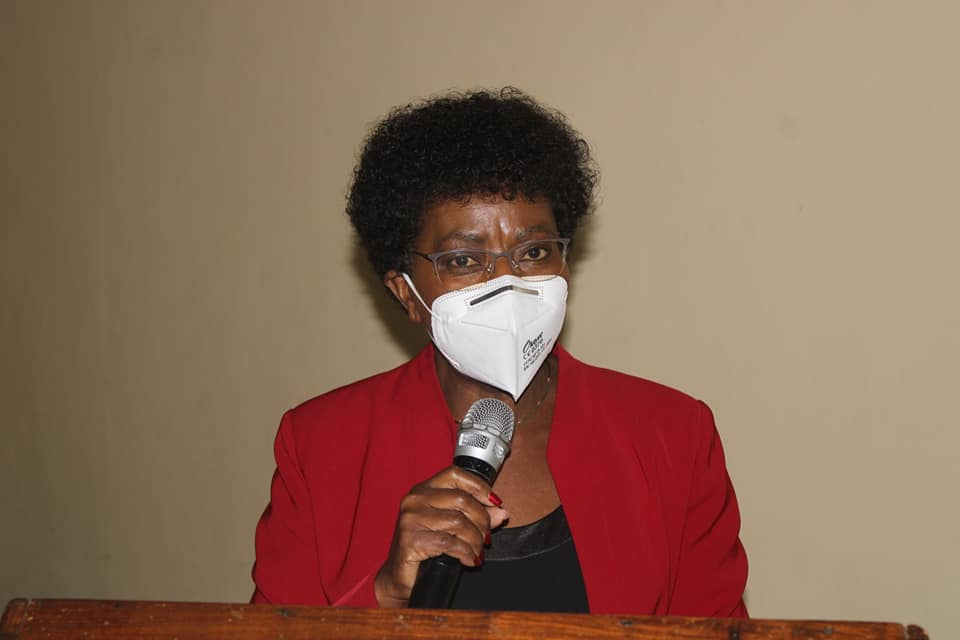
Minister calls for syllabus review on science and technology
Published on June 12, 2021 at 6:00 AM by Robert Ngwira
Minister of Education, Agnes Nyalonje has called for a review of the country’s education national curriculum to ensure enhanced implementation of science and technology from early childhood education in line with Malawi 2063.
She was speaking in Lilongwe on Tuesday after launching a three-day consultative meeting on enhancing the domestication of science, technology and innovations in Africa.
Nyalonje expressed worry that the current science curriculum was broad.
“Science, technology and innovations are the heart for development. We need to build capacity for producing new goods and services we can export and this can only happen if we adopt innovative mindset from the grassroots.”
“The starting point is looking at our education system from early childhood, primary education, secondary education, technical as well tertiary education. If we can gauge how much Science is being taught, we will work through the knowledge gaps to enhance science, technology and innovations,” she added.
Nyalonje said she was proud to have launched the meeting barely a week after State President Chakwera was installed as champion of Higher Education.
According to the Minister, President Chakwera would play a strategic role in enhancing science and technology in Malawi and the rest of African countries.
She said much as this kind of stakeholder meetings are important, no change would materialize without tangible action as well as looking at the value chain of science and technology particularly referring to the communities.
The Minister has revealed that the Malawi Academy of Science which was launched a few weeks ago was already working on a needs assessment programme to thoroughly look at how best the Malawian syllabus on Science could be improved.
Senior Programme Officer for AUDA-NEPAD, Dr Justina Dugbazah said the Africa Union Agenda 2063 recognizes the role of science, technology and innovations for economic development yet Africa faces a lot of resistance in her exploring of freedom to innovate.
She bemoaned Africa’s low contribution to the global pool of scientific knowledge evidenced by slow implementation of adopted policies and low levels of investment in science technology and innovations as most African countries have not attained 1 percent of Gross Domestic Production (GDP) expenditure.
“At national level, member states should incorporate this strategy into their national development plans and develop local interventions. It is essential to establish efficient effective and coordinated financing mechanisms to implement the strategy,” she said.
The meeting, which was organized by African Union Development Agency (AUDA-NEPAD) with support from African Development Bank, has attracted delegates from all parts of the continent to strategize on how science technology and innovations can be enhanced at continental, regional and national levels.